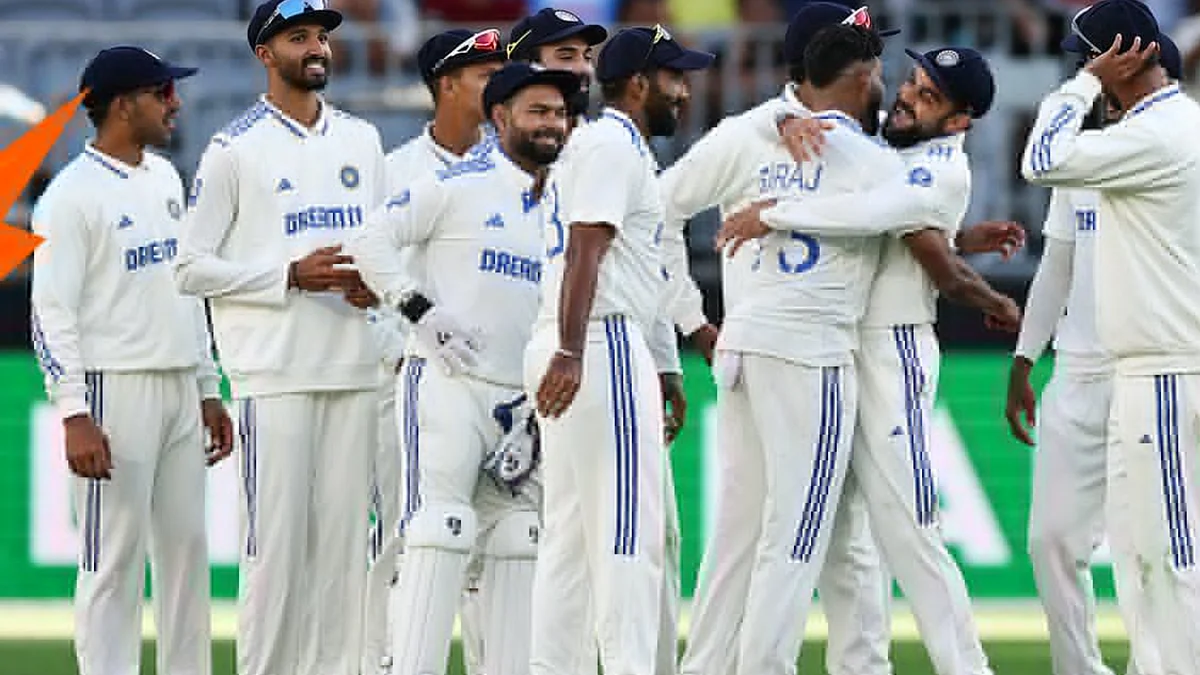In the realm of cricket, change is inevitable. The retirements of stalwarts like Rohit Sharma, Virat Kohli, and Ravindra Jadeja from T20Is, alongside coach Rahul Dravid stepping down, signify the end of an era for Indian T20 cricket.
These legends have been the backbone of the Indian team, consistently delivering match-winning performances and setting benchmarks for excellence. Their absence will undoubtedly leave a significant void felt deeply by fans and the cricketing community alike.
"With a heart full of gratitude, I bid farewell to T20 internationals," Jadeja shared on Instagram. "Winning the T20 World Cup was a dream come true, a pinnacle of my T20 International career. Thank you for the memories, the cheers, and the unwavering support. Jai hind."
Jadeja, who made his T20I debut against Sri Lanka in 2009, played 74 matches, scoring 515 runs and taking 54 wickets.
Rohit Sharma and Virat Kohli end T20I career on high
Rohit Sharma, known for his effortless batting and knack for big scores, has been a prolific run-scorer and a reliable captain. Virat Kohli, renowned for his aggressive batting and passionate leadership, has inspired countless young cricketers with his dedication and work ethic.
Together, they have steered India to numerous victories and unforgettable moments on the cricket field. Their retirement marks not only the loss of extraordinary talent but also the conclusion of an era defined by their unparalleled contributions.
However, their departure also signifies a new beginning for emerging talents and a fresh chapter for the Indian T20 team. This transition period is crucial, presenting a unique opportunity to reassess and rebuild team dynamics. It's a breeding ground for the next generation of cricket stars waiting eagerly to make their mark on the international stage.
The new era begins
The Board of Control for Cricket in India (BCCI) and team management must implement a well-planned transition strategy. This involves identifying and nurturing young players with potential, integrating them seamlessly into the team, and providing rigorous training, exposure to high-pressure situations, and mentorship from experienced players and coaches.
Strong leadership will be essential during this transition. Selecting a successor who can inspire and unite the squad is critical. The new captain will face the challenging task of maintaining the team's competitive edge while fostering a positive and cohesive environment. Leadership qualities such as strategic thinking, resilience, and the ability to handle the pressures of international cricket will be crucial.
Additionally, the support staff and coaching team will play a vital role in this new era. Their expertise in areas like sports psychology, fitness, and technical skills will be integral to the development of younger players. Emphasizing a holistic approach to player development will help build a robust and versatile team capable of adapting to various challenges.
The future of Indian T20 Cricket
The future of Indian T20 cricket holds immense promise. The new generation of players, with their enthusiasm and innovative approach to the game, will have the opportunity to carry forward the rich legacy of Indian cricket. Fans can anticipate witnessing fresh talent, dynamic performances, and the emergence of new cricketing heroes.
While the transition period presents challenges, it is also an exciting time of renewal and growth. As the baton is passed from one generation to the next, Indian T20 cricket will continue to evolve, aiming for excellence and reaching new heights on the global stage.



.jpg)







